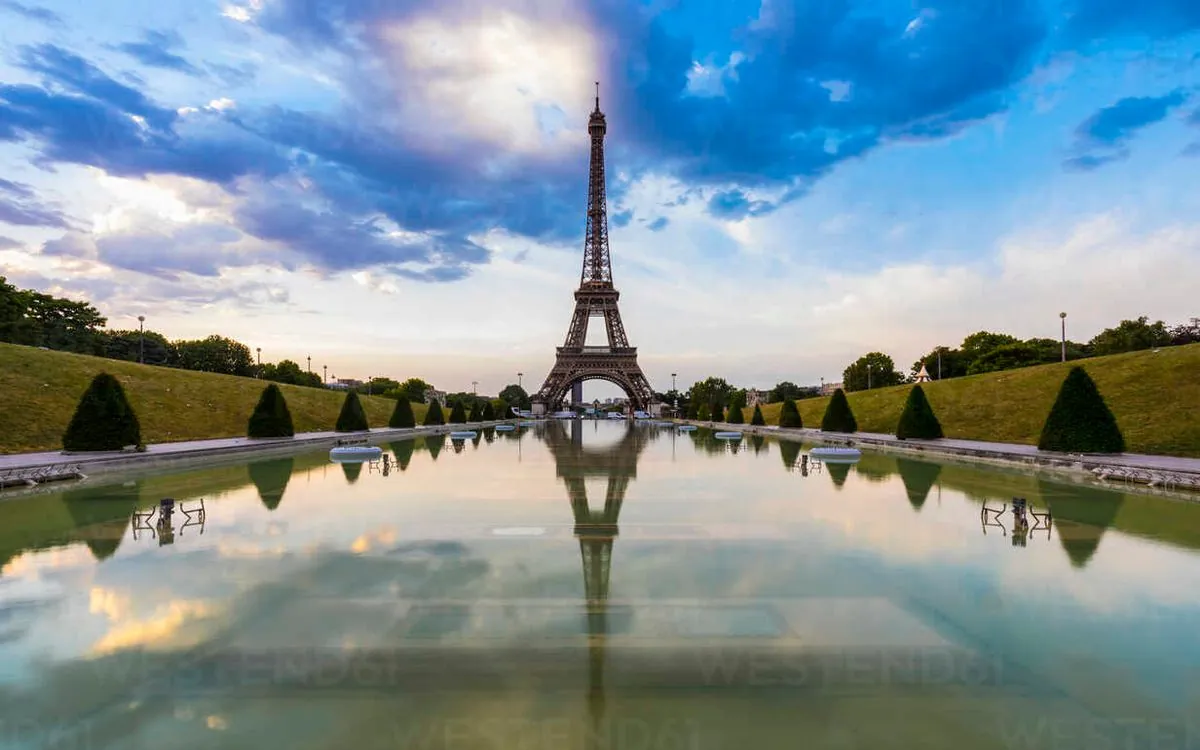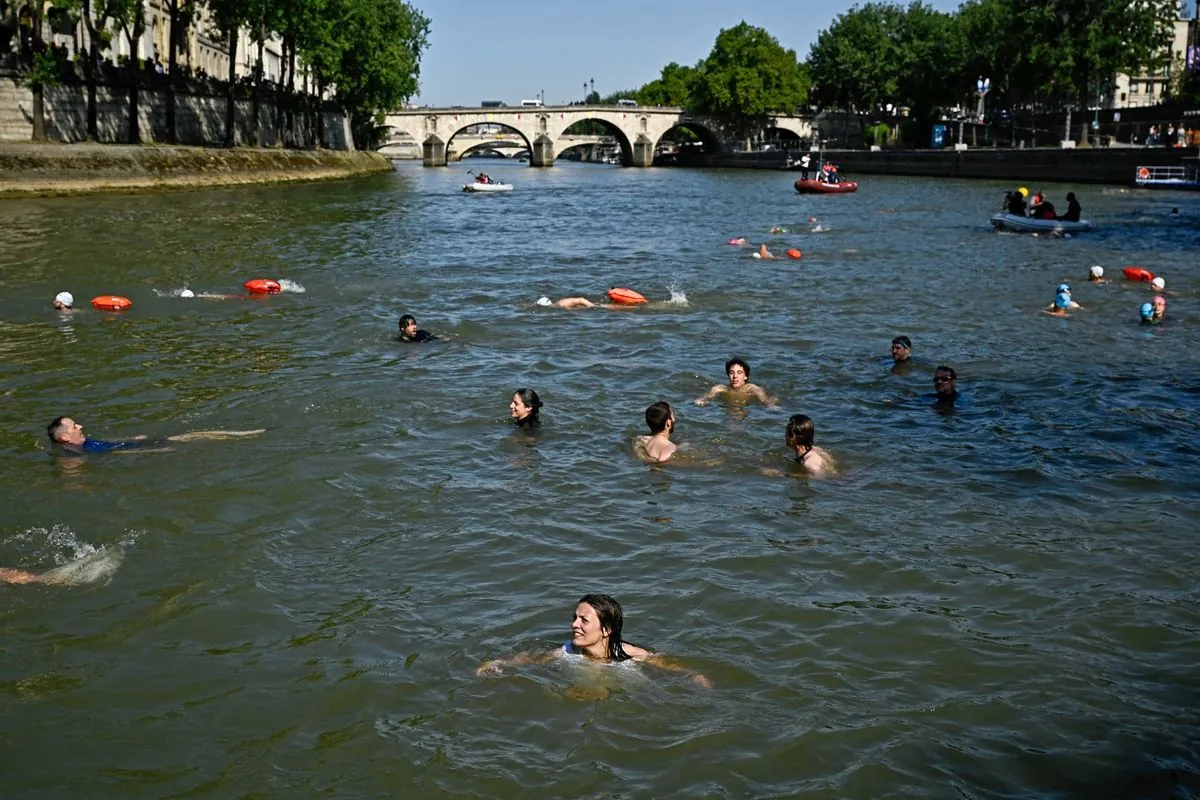Paris Pushes for Seine Swimming Despite Olympic Setbacks
Paris aims to open Seine swimming areas by 2025, despite recent Olympic triathlon delays due to high bacteria levels. Public opinion remains divided on the river's safety for swimmers.

In a bold move to transform the Seine River, Paris officials are forging ahead with plans to create public swimming areas by 2025, despite recent challenges during the Olympic Games. The ambitious project, costing 1.4 billion euros, aims to revitalize a waterway once notorious for pollution.
The Seine, stretching 777 km through the heart of Paris, has a rich history dating back to the Middle Ages when it served as a vital commercial route. However, industrialization in the 19th century led to severe pollution, resulting in an official ban on bathing in 1923. Now, a century later, the city is working to reverse this legacy.
Recent Olympic triathlon events in the Seine faced setbacks due to high bacteria levels following heavy rains, causing delays and raising concerns about water safety. This incident has left some residents and tourists skeptical about the river's suitability for swimming.

Jack Wolper, a British tourist, expressed hesitation after the Olympic delays: "If they postpone an elite race, that's reason enough for us to avoid swimming." Similarly, Paris resident Pedro Couri stated he would wait for President Emmanuel Macron to take the plunge before considering it himself.
However, not all Parisians share these concerns. Jade Goasguen, from the Paris suburb of Clichy, found reassurance in the authorities' caution: "It's comforting that they postponed races, showing they prioritize water quality."
Pierre Rabadan, the official overseeing the Seine program at City Hall, remains confident in their plans. "We had just plan A, we stuck to it, and it worked," he asserted. The project involves modernizing Paris's sanitation system, including new pipes for houses and houseboats, additional treatment plants, and a large reservoir beneath Gare d'Austerlitz.
"I've been asked 777 times whether we had a plan B, plan C, plan E. We had just plan A, we stuck to it and it worked."
While some scientists, like Professor Stuart Khan of the University of Sydney, suggest a broader range of bacteria should be tested, Paris authorities maintain they comply with European safety guidelines.
The Seine plays a crucial role in Parisian life beyond swimming. It hosts the annual Paris Plages event, is home to over 30 fish species, and its basin covers about 12% of France's land area. The river's water is also used for cooling nuclear power plants and irrigation.
As Paris moves forward with its vision, the city draws on past successes, such as the popular Ourcq canal bathing facility opened seven years ago. Rabadan optimistically predicts, "We'll soon face the same issue we had with other facilities: insufficient space for all who want to swim in the Seine next year."
This initiative not only aims to provide recreational opportunities but also symbolizes Paris's commitment to environmental restoration and urban renewal. As the project progresses, it will undoubtedly continue to spark debate and interest among locals and visitors alike.


































